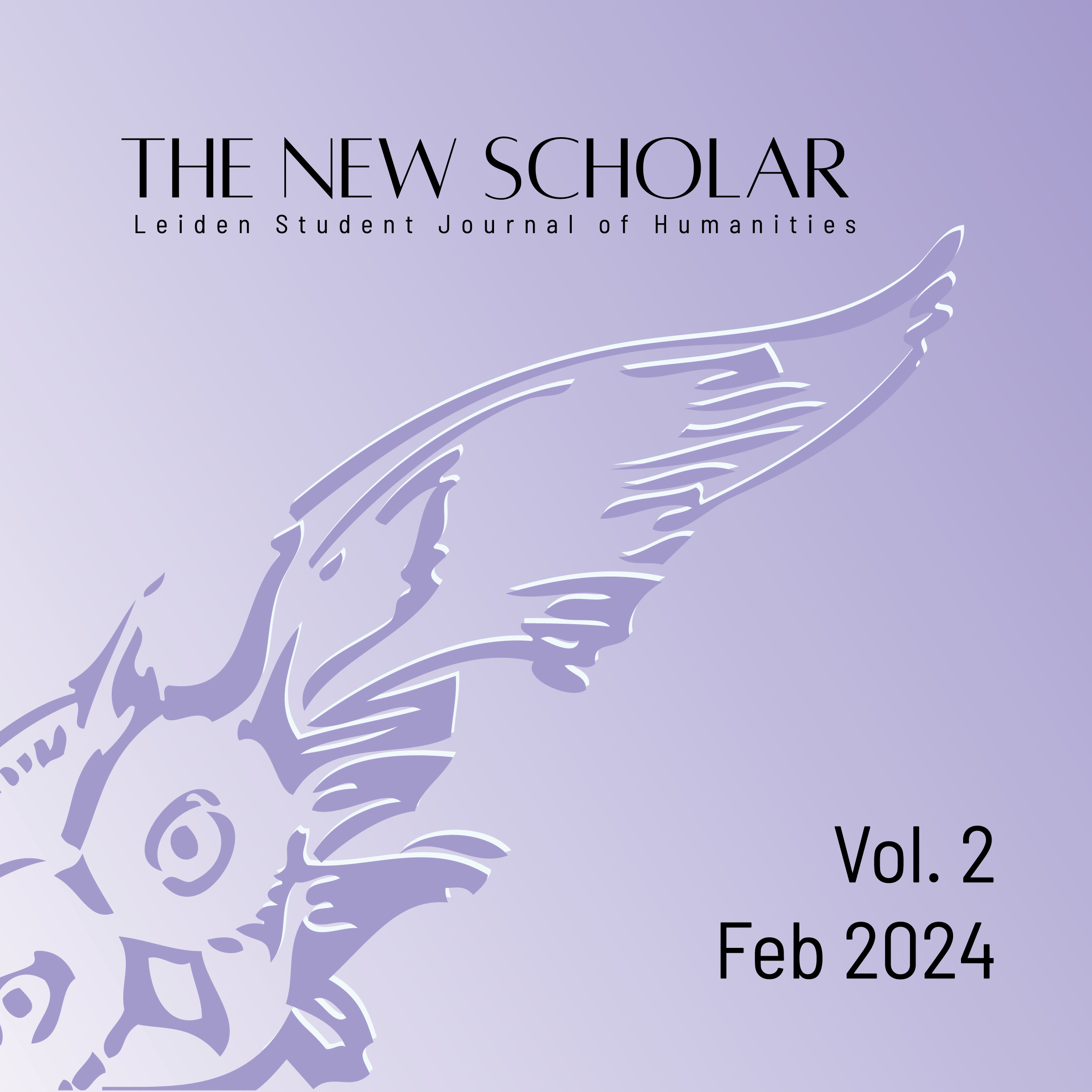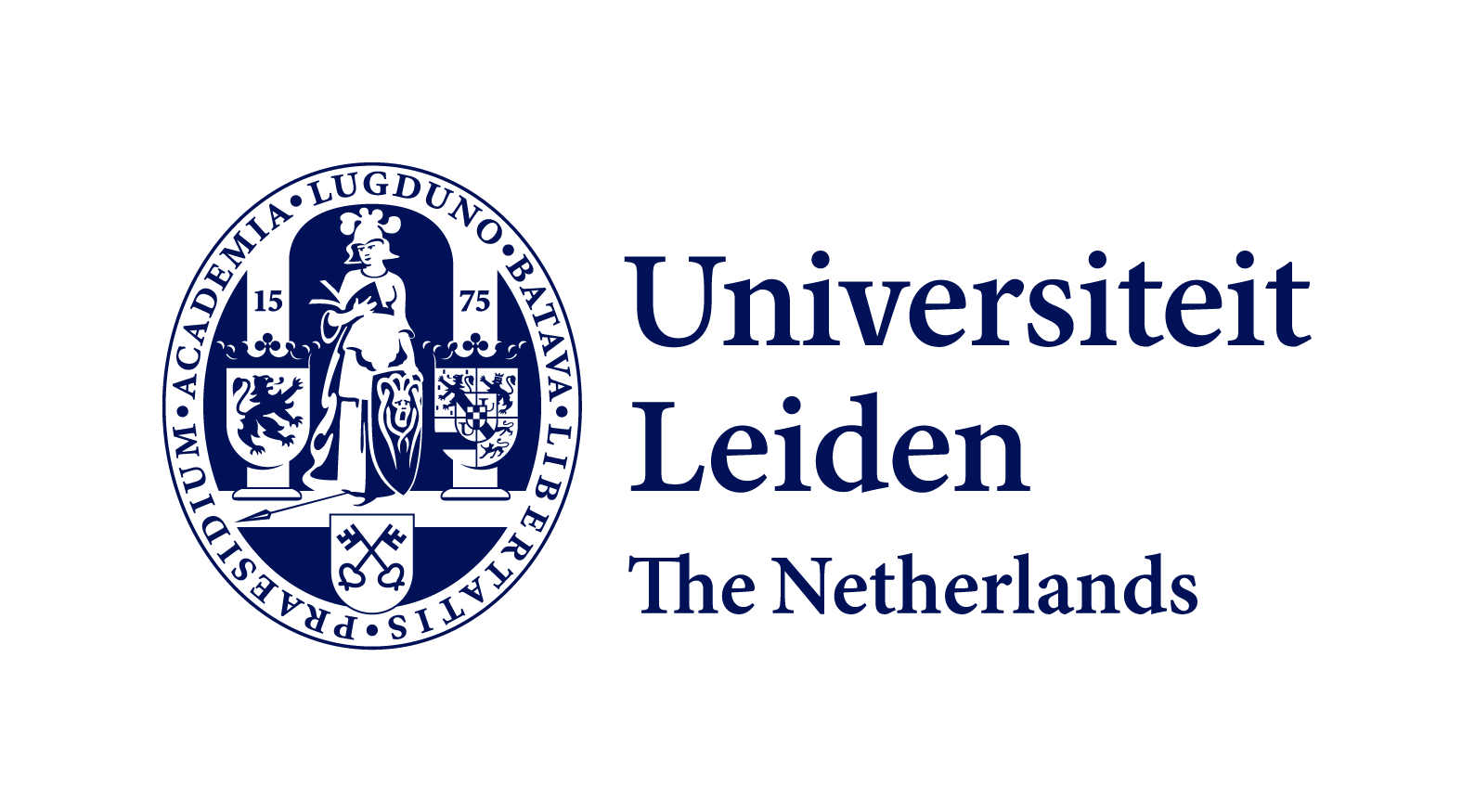Nero as Neoptolemus
Greece and Rome in Diodorus I
Keywords:
Garland of Philip, Diodorus of Sardis, Early Roman Empire, resistance, Greek epigram, Greek literature in the Roman worldAbstract
This article discusses an epigram by Diodorus of Sardis (Diodorus 1 ed. Gow and Page or AP 9.219), in which a return to Rome of someone called Nero is compared with Neoptolemus’ voyage to Troy. Although the epigram seems to be praising, it also contains subversive elements. The exemplum of Neoptolemus’ voyage to Troy is problematic, since the goal of his voyage is to capture the city. Not only can Neoptolemus’ role in the fall of Troy be seen negatively from a Roman perspective, but it also suggests that Nero’s return to Rome is dangerous for the city as well. Moreover, the mythical connection between Troy and Rome suggests that the Greek conquest of Troy can be seen as a conquest of proto-Rome. Finally, by connecting apparent praise of Nero to the word θύω (“to rage”), Nero is placed further in a negative light. This article analyses these elements with a focus on the cultural tension between Greece and Rome, and subsequently argues that the poem resists, in its own way, Roman domination.

Downloads
Published
Issue
Section
License
Copyright (c) 2024 Maud van Es

This work is licensed under a Creative Commons Attribution 4.0 International License.





